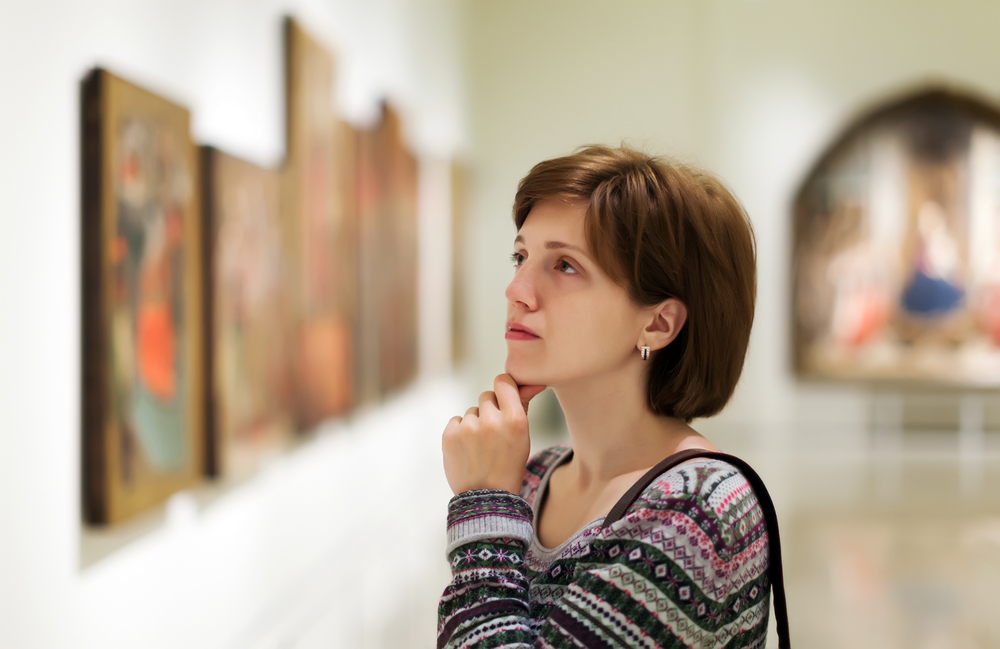
Education Evolution: How Schools and Universities Are Changing in Bulgaria
Education in Bulgaria is undergoing a quiet revolution. While the country’s academic traditions date back to medieval times and the legacy of the Cyrillic alphabet, modern-day challenges and innovation are reshaping the classroom—from rural villages to tech hubs in Sofia.
The Rural Divide
One of the most pressing issues is depopulation. As young families leave smaller towns for cities or emigrate abroad, rural schools face dwindling student numbers. Some village schools operate with only a handful of pupils, and many have already closed. The result is a growing gap in access to quality education between urban and rural areas.
In regions like Vidin or Smolyan, children often travel long distances to attend the nearest functioning school. Teachers, too, are in short supply in isolated areas. Despite government subsidies and incentives, retaining staff remains a challenge. “We teach multiple grade levels in the same classroom,” says one teacher in a village near Veliko Tarnovo. “It’s rewarding—but exhausting.”
Bilingual Schools and International Curricula
Meanwhile, urban centers are seeing a different transformation. Sofia, Plovdiv, and Varna have seen a rise in bilingual and international schools. English-language education is in high demand, with many private schools offering curricula in both Bulgarian and English or following international models such as IB or Cambridge.
This boom is driven not only by returning Bulgarian expats but also by foreign families living in the country. Schools like the American College of Sofia and Anglo-American School attract both locals and international students seeking a global edge.
Tech in the Classroom
Another powerful force driving change is technology. Bulgaria, once nicknamed the “Silicon Valley of the Balkans,” is now integrating digital learning tools at every level. The COVID-19 pandemic accelerated online learning adoption, and today many schools maintain hybrid models and digital platforms for homework and testing.
But the biggest influence comes from private initiatives. Telerik Academy, for example, has revolutionized tech education. Initially launched as a developer training program, it now offers courses for children, teens, and adults in coding, design, and digital literacy. Other startups like SoftUni Kids and MindHub bring gamified coding lessons to classrooms across the country.
Higher Education Shifts
Universities are also adapting. Sofia University and the Technical University of Sofia have added new degrees in AI, data science, and renewable energy. Exchange programs and EU funding under Erasmus+ have helped modernize campuses and open up cross-border study opportunities.
Still, many students look abroad for better career prospects, and brain drain remains a concern. To counter this, some universities now partner with foreign institutions for dual-degree programs, encouraging students to return and work in Bulgaria afterward.
The Road Ahead
The future of Bulgarian education is a complex blend of tradition and innovation. While rural schools struggle with survival, cities are experimenting with smart classrooms and new learning philosophies. If properly supported, this dual evolution could produce a generation that’s both rooted in heritage and ready for a global future.
From chalkboards to coding bootcamps, the Bulgarian classroom is changing—and with it, the country’s outlook for generations to come.





